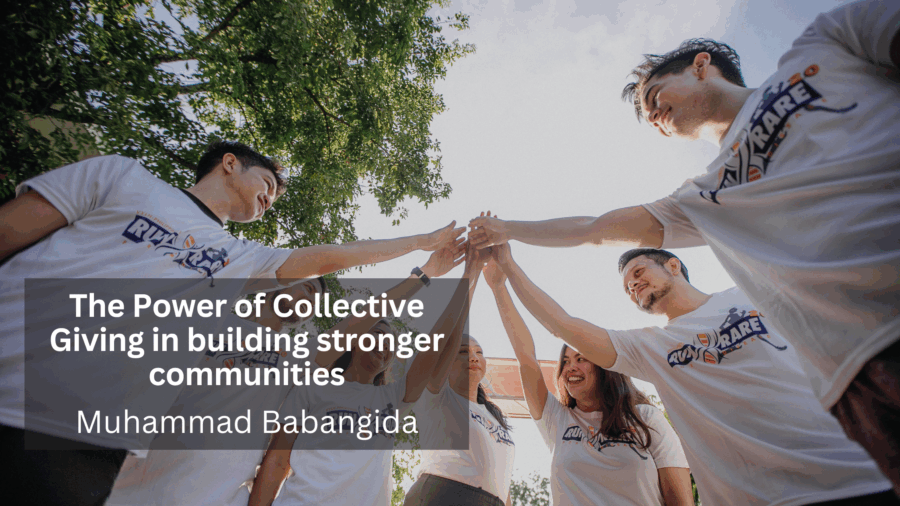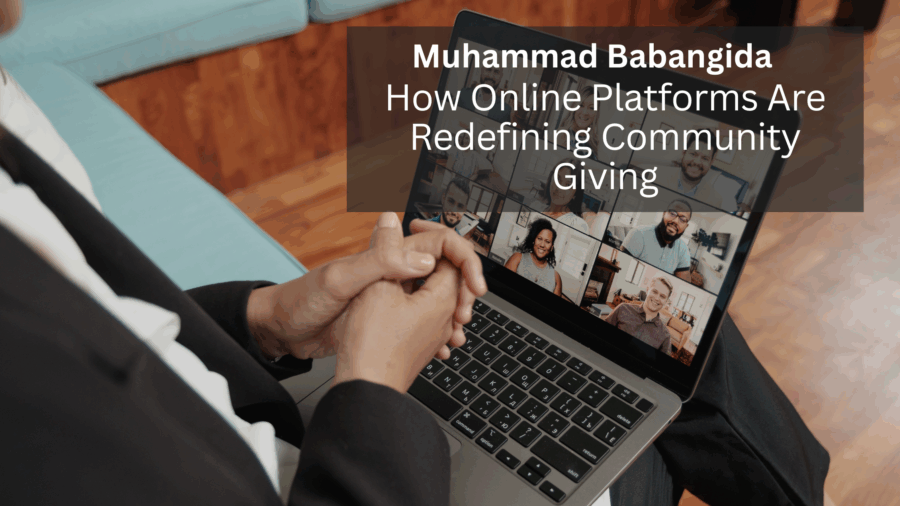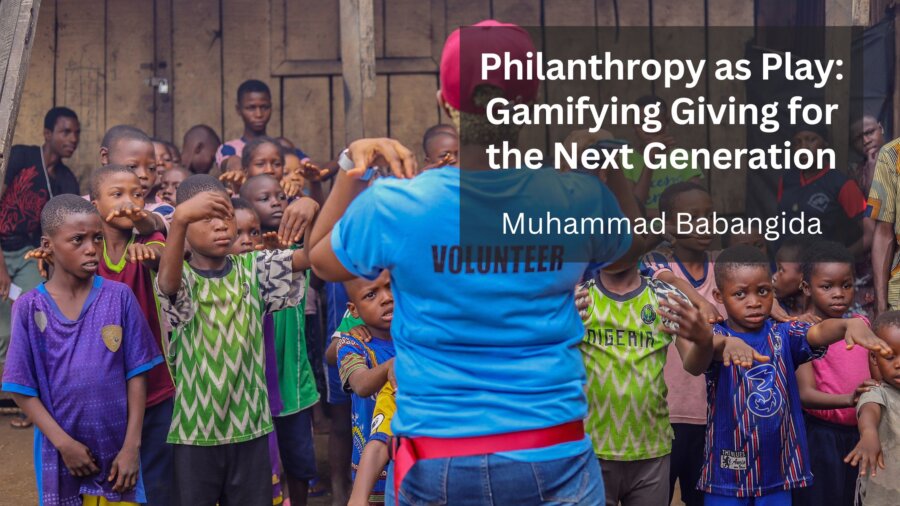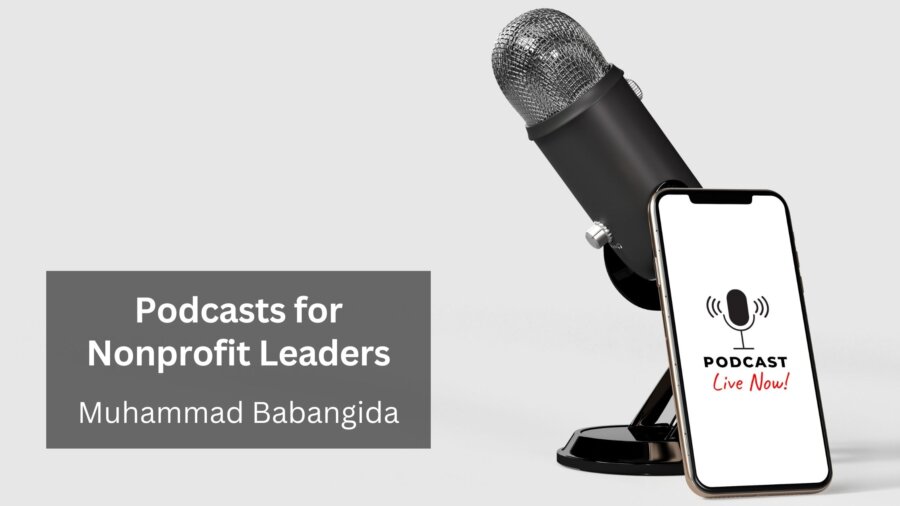In a world where individualism often takes center stage, collective giving reminds us of the extraordinary impact that arises when people come together for a common purpose. Beyond financial contributions, collective philanthropy fosters connection, amplifies resources, and strengthens the social fabric of communities. By pooling time, money, and skills, individuals can address local challenges more effectively than any single effort could achieve. The power of collective giving lies not just in what is given, but in how it brings people together to create lasting change.
Understanding Collective Giving
Collective giving refers to a group of individuals joining forces to support causes they care about. This can take many forms, from community foundations and giving circles to crowdfunding campaigns and collaborative volunteering initiatives. Unlike traditional charity, which often focuses on individual contributions or one-off donations, collective giving emphasizes collaboration, shared decision-making, and long-term impact.
At its core, collective giving harnesses the principle of “strength in numbers.” When multiple contributors pool resources, they can tackle larger projects, support more ambitious programs, and respond more effectively to emerging needs. Moreover, the social aspect of collective giving encourages accountability, learning, and mutual encouragement among participants.
Strengthening Community Bonds
One of the most profound effects of collective giving is its ability to build stronger social bonds. When individuals work together toward a shared goal, they create networks of trust and cooperation. Community members meet, interact, and form relationships that extend beyond the act of giving itself.
These connections can lead to broader collaboration on other community initiatives, fostering a sense of belonging and shared responsibility. Neighbors who once only exchanged pleasantries may become partners in local improvement projects, volunteers in schools, or advocates for community health. Collective giving transforms philanthropy from a solitary act into a communal experience that unites people around shared values.
Amplifying Impact Through Collaboration
The practical benefits of collective giving are equally compelling. Pooled resources mean that even modest individual contributions can add up to significant funding for critical projects. Communities can support initiatives such as building playgrounds, funding after-school programs, providing scholarships, or creating emergency relief funds.
Collaboration also brings together diverse perspectives. When people with different experiences, backgrounds, and expertise come together, they are better positioned to identify community needs, evaluate potential solutions, and implement projects effectively. Collective giving is not just about money—it’s about harnessing collective intelligence to make decisions that have meaningful, lasting impact.
Empowering Local Action
Collective giving empowers communities to take charge of their own development. When resources are pooled locally, decisions are often made by people who understand the context, culture, and unique challenges of their neighborhoods. This bottom-up approach contrasts with top-down philanthropy, where external organizations dictate priorities.
By investing in local initiatives, collective giving nurtures a sense of ownership and pride among participants. Residents feel directly responsible for the outcomes of their efforts, which motivates sustained engagement and accountability. Projects are not seen as charity but as collaborative ventures that strengthen community resilience.
Inspiring a Culture of Giving
Collective giving also has a multiplier effect. When people witness the impact of joint efforts, they are inspired to contribute more—not only financially but also through time, expertise, and advocacy. This creates a culture of generosity that extends beyond individual campaigns. Children learn from seeing their parents or community leaders engaged in collaborative philanthropy, embedding the values of empathy and social responsibility from a young age.
In addition, collective giving initiatives often serve as incubators for future leaders. Participants gain experience in decision-making, project management, and community organizing, equipping them with skills that benefit both local initiatives and broader societal efforts.
Conclusion: Building a Future Together
The power of collective giving lies in its ability to transform communities from passive recipients of aid into active, empowered participants in change. By pooling resources, knowledge, and energy, communities can address challenges more effectively, strengthen social bonds, and cultivate a culture of generosity that endures across generations.
In a world often focused on individual achievement, collective giving reminds us that the greatest impact comes when we act together. It is a force multiplier that not only supports immediate needs but also builds the foundation for resilient, connected, and thriving communities.
When neighbors, friends, and organizations unite for a common purpose, the sum of their contributions exceeds what any single person could achieve alone. Collective giving is more than philanthropy—it is a blueprint for building stronger, more compassionate communities, one shared effort at a time.










